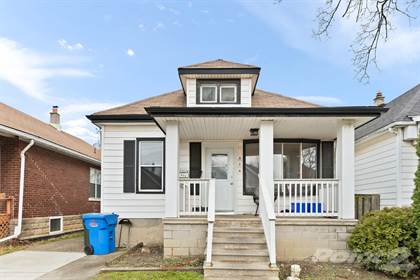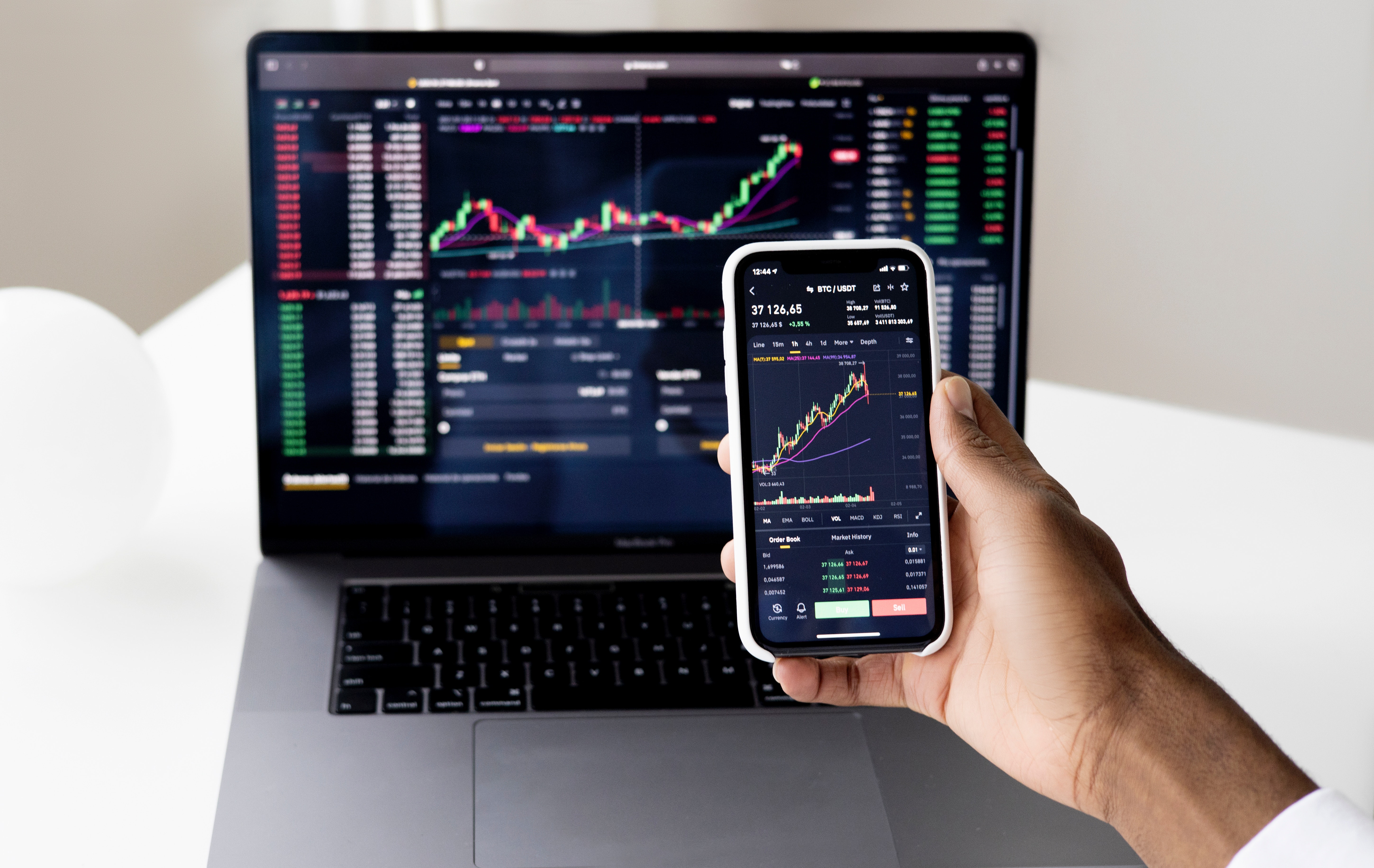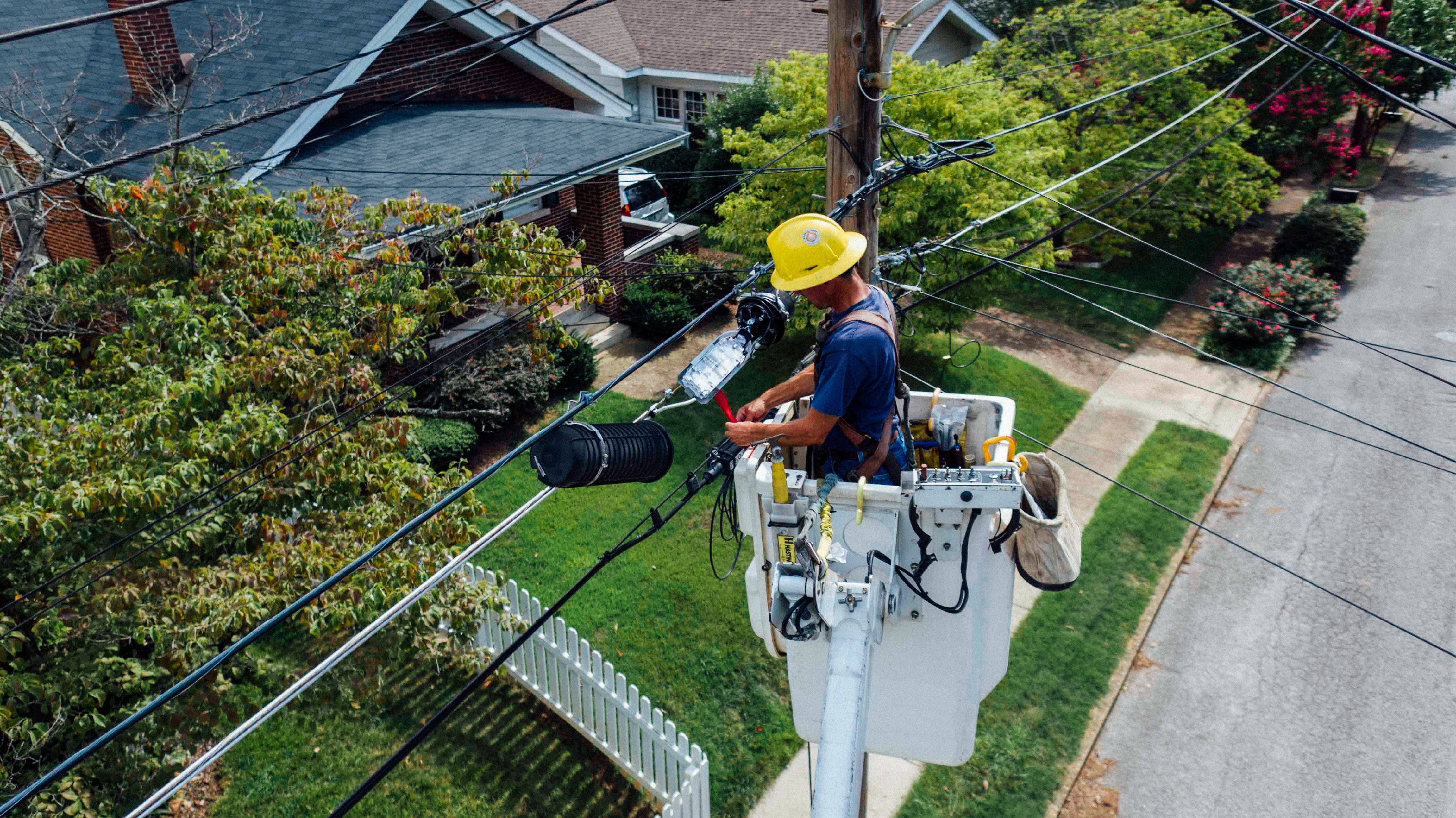1 Introduction
Making the decision of renting vs. buying a home can be a tough decision. The conventional opinion says that owning a property is better than renting in the long run. The amount of time you plan to stay in one place is maybe the most critical aspect in the rent vs buy decision. The prices of renting versus owning a home depend on where you reside and the local property market. The expenditures of looking for a home and obtaining a mortgage can run into the tens of thousands of dollars (or higher).
In comparison, as a renter, you’ll most likely only have to pay an application fee, a broker’s fee, and a refundable security deposit equal to a few months’ rent. If you plan on staying in the same place for the next 50 years, renting may be more expensive than buying in the long run. We will discuss some pros and cons of renting and buying to see which decision may be the best fit for you!
2 Renting
There is no perfect solution to the renting vs. buying dilemma. Every homeowner has periods when buyer’s remorse overshadows the benefits of ownership, and every apartment dweller grows tired of the obnoxious upstairs neighbour.
2.1 Some of the benefits of renting are:
2.1.1 Simple to Move
In a rented house, you have many options, especially when you have to move out of town. You are free from the technicalities of selling the home before switching to a new far-off place. All you need to do is pack your belongings and you will be on your way. Ultimately, this is why many would argue that renting is the better option in the renting vs. buying comparison.
2.1.2 There Are No Property Taxes
Because you do not own the land or property, you are no subject to property tax payments which can be costly dependent upon the country, state or city you reside in. If your landlord is charging too much to cover the property taxes, you can always walkaway and find other alternatives.
2.1.3 Costs of Home Maintenance
Over time, homes require repairs and maintenance, and while you’re renting, your landlord is usually responsible for these costs. For example, if the HVAC system or refrigerator in the apartment malfunctions, the landlord is responsible for repairing it. Plumbers, electricians, carpenters, and ac repairers? It’s not your problem; it’s the landlords.
2.1.4 Avoid Making a Bad Investment
Suppose you invest in the stock market rather than purchasing a house. In that case, the investment money is in the stock market rather than in a single-family home. Stocks can often be a better alternative investment than real estate as they are more liquid when it comes time to sell. Real estate is know to be the original illiquid asset. If you’ve already invested in real estate, the only way to get out of your very illiquid investment is to sell it which can be very costly. Below we will list some of the costs associated with selling a home:
- Real Estate Commissions (Between 3-6%)
- Home Repairs
- Pre-Sale Home Inspection Fees
- Home Staging Costs
- Homeowners Association Fees
- Property Tax
- Land Transfer Tax
- Attorney Fees
- Title Insurance
- Capital Gains Tax
2.2 Some of the Drawbacks of Renting:
2.2.1 Increasing rent with time
Landlords are always looking for a reason to increase their rents. Rents can usually increased after a year. Being a homeowner you’re not subject to the same uncertainties of increasing rent.
2.2.2 No Tax Benefits
Homeowners are entitled to a lot of tax benefits. If you live in a rented house, you are not entitled to all those benefits that your homeowner is enjoying.
2.2.3 Relocating as Per Homeowner Choice
If the landlord decides to sell the home, you may have to relocate quickly. This can be a very daunting circumstance, especially when you are bundled in office load or are in the middle of a family crisis.
3 Buying
Homeownership is a difficult option that has both benefits and drawbacks. Do you enjoy the notion of painting your white picket fence every five years and accumulating stuff in your basement? Perhaps owning a home is right for you. Here are some things to think about as you examine your alternatives.
3.1 Some of the Benefits of Buying:
3.1.1 Stable Payments
A homeowner is free of increasing house loan expenses, as do the people living in rent houses are. A fixed-rate mortgage locks in your monthly principal and interest payment for the life of the loan.
3.1.2 Tax Benefits
The most significant tax advantage of owning a property is that the imputed rental income received by homeowners is tax deductible. If homeowners itemize their deductions, they can deduct both mortgage interest and property tax payments and certain other expenses from their federal income tax.
3.1.3 Participation in the Community
Homeowners are more likely to stay in one region for extended periods of time, giving them a sense of stability amongst their neighbours and peers. Voting, volunteering at schools, and general civic roots all go hand in hand with home ownership. If you own a home, you’re more likely to establish roots and form bonds with the individuals in your neighbourhood.
3.1.4 Strong Credit History
As long as you make your monthly mortgage payment on time, buying a property can help you improve your credit over time. As your credit improves, it will be easier for you to obtain various types of financing, such as if you want to buy a new automobile or finance an investment property.
3.2 Some of the Drawbacks of Buying:
3.2.1 Invest in Home Maintenance
Homeowners always have to be ready to bear the brunt of home maintenance expenses. You have to invest in house paint every three years on average. Below we will list some of the potential home maintenance expenses you may be subject to:
- Roof Repair
- Exterior Repairs
- Door & Window Replacements
- Plumbing & Electrical Repairs
- Foundation Repair
- Heating, Ventilation & Air Conditioning
- Tree Trimming
- Landscaping
Home maintenance can often go far before your budget with any unexpected replacements or remediation which can costs thousands of dollars per year. It is wise for first-time home buyers to budget their home maintenance expense with extra cash on the side within their first years of home ownership to avoid running into any issues that may arise.
Total Annual Home Maintenance Cost: $1,500.00 – $2,800.00
Total Annual Home Replacement Cost: $2,500.00 – 6,500.00
Total Annual Home Maintenance Budget: $5,500.00 – $9,300.00
3.2.2 Risk of Property Depreciation
Owning a home always involves risk. You might buy during a period of economic downturn, which in turn can affect the value of your home. How strong is the economy of the city you want to live in? What is your city’s or state’s trajectory – steady expansion, decrease, growth, or stop? Furthermore, predicting the future, particularly the future of a given location, is difficult and frequently depends on local or state politics. A declining trend may have a detrimental impact on your home’s equity.
3.2.3 Down Payment and Property Taxes
Homeownership requires a significant upfront investment in the form of a down payment, which can start as low as 3% and reach as high as 20% or more. Before applying for a loan, you must first raise funds for a down payment. Once you’ve decided to purchase a home, you’ve made an investment in a real estate asset which has the opportunity to appreciate or depreciate overtime. Property taxes, which make up most of a municipality’s revenue, can cost upwards of thousands of dollars per year. Your property tax is set by your municipality and is based on the assessed value of your home.
4 Renting Vs. Buying Takeaway
Renting provides flexibility, predictability in monthly costs, and the ability to delegate maintenance to someone else. Homeownership has intangible advantages. They include the intangibles of tax deductions and equity, as well as a sense of stability, belonging to a community, and pride of ownership.
In the end, the decision to rent vs buy comes down to your particular preferences, future plans, and personal financial situation. If you know how long you want to stay in your current home and where you want to live, deciding which choice might be as simple as weighing which option costs you less over an extended period of time. However, if your future is less certain, you may have more to think about your decision.









